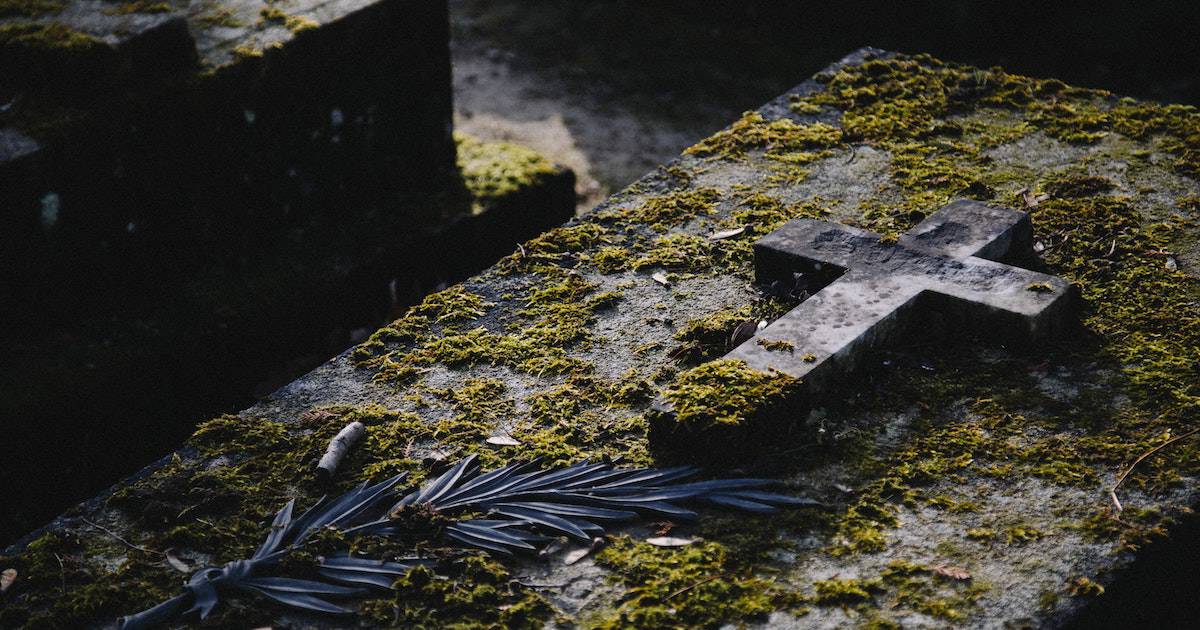There is little we can know scientifically about what happens after we die. There are no experiments we can carry out that offer conclusive evidence of what happens when the eyes close for the final time, when the heart at last stops beating. We know, of course, that the body will immediately begin to decline and decay, but what of the consciousness, what of the soul, what of that part of a person that makes him what he most truly is? It is that uncertainty that, for so many, leads to fear of death.
What we know of life after death we must know by faith. And what does the faithful heart believe about the experience of death? James Meikle beautifully tells us in these words.
Why so much complaint of death? It is true, death is the fruit of sin, for by sin, death came into the world. But it is also true, that death is the finisher of sin to the godly—for by death sin shall be cast out forever. Sin, conveyed to us in our conception, is so interwoven with the human frame, that the tie must be dissolved between the soul and body, before a full and final separation can take place between the soul and sin. Who then, would fear the furnace, which is only to consume the dross, that the gold may come forth without alloy? What candidate for heaven would be averse to lay down mortality—in order to take up immortality; to put off this corruptible body—in order to put on incorruption? to have his body sown in dishonor—in order to be raised in honor and glory; and to have the soul dislodged from his body—that sin might be dislodged from his soul?
Why, then, should I be displeased at such a glorious exchange? To lay down frail flesh, feeble nature, all my lusts and passions, all my occasions and temptations to sin, all my infirmities and imperfections—and to be clothed with perfect beauty and eternal glory—should rather transport than perplex me. Why tremble at the ghastly gloom, that shall beam into a boundless noon; or startle at the dark step that shall usher me into eternal day? If my separation for a few years from my friends, issues in uninterrupted communion with God, is not the change most happy? If my distant views, and dim glances of the land afar off, and the King in his beauty, pass away—that the nearest approaches, most steady views, and brightest visions, may eternally take place—am not I a gainer to the highest degree?
Then, Lord, take away the sting of death, and at your appointed time, through faith, I shall fly into death’s arms, not dismayed at his cold embrace—but burning with a heavenly desire to be forever with the Lord—which is far better than all the happiness of crowns and thrones below!









